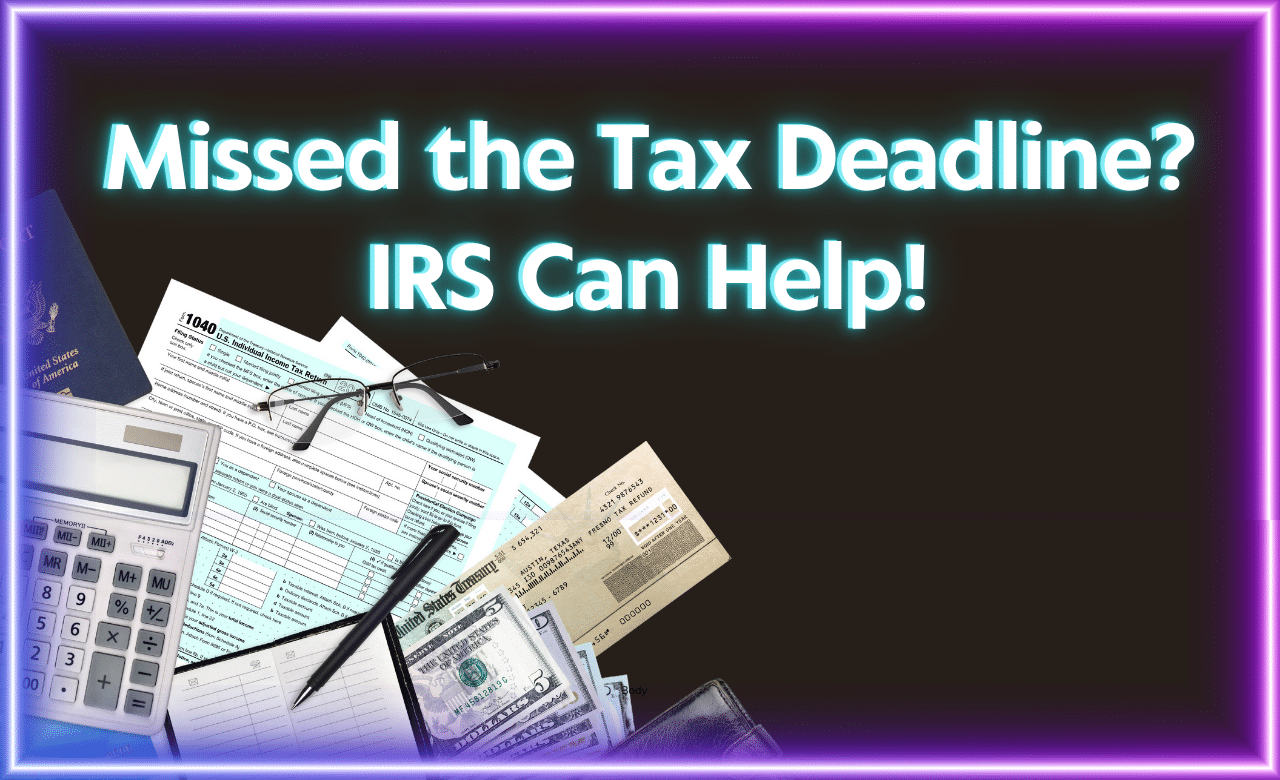Hi, I’m Bette Hochberger, CPA, CGMA. Missing the April tax filing deadline can be stressful, but the IRS offers several options to help taxpayers navigate this situation. In today’s blog, I’ll highlight the key steps and resources available for those who missed the deadline to file their 2023 federal income tax return.
Payment Programs and Penalty Relief
The IRS has implemented important payment programs to assist taxpayers who have trouble paying their owed amount. Additionally, there is special first-time penalty relief for those who qualify.
Minimizing Penalties and Interest
The IRS emphasizes the importance of paying what you can as soon as possible to limit penalty and interest charges. Under current tax laws, interest on unpaid taxes is 8%, compounded daily. The late-filing penalty is generally 5% per month, while the late-payment penalty is 0.5% per month, both maxing out at 25%.
If a return is filed more than 60 days after the due date, the minimum penalty is either $485 or 100% of the unpaid tax, whichever is less. The failure-to-pay penalty rate is 0.5% of the unpaid tax per month, up to a maximum of 25%. More details can be found here.
Electronic Payment Options
Taxpayers can reduce late-payment penalties and interest charges by paying their taxes electronically. The fastest and easiest method is through IRS Direct Pay, a free service available only on the IRS website. Other electronic payment options are also available. Visit this page for more details.
File and Pay What You Can
To reduce penalties and interest, taxpayers should file their tax return and pay any taxes owed as soon as possible. An extension to file is not an extension to pay, and penalties and interest apply to taxes owed after April 15. Interest is charged on the tax and penalties until the balance is paid in full.
Qualifying for Penalty Relief
Taxpayers who receive a penalty notice from the IRS should read it carefully and follow instructions for requesting relief. Information on the types of penalties, requesting penalty relief, and appealing a penalty decision can be found on the IRS Penalty Relief page.
Taxpayers who have filed and paid on time for the past three years may qualify for penalty abatement under the first-time penalty abatement policy. Those who do not qualify may still be eligible for penalty relief if their failure to file or pay on time was due to reasonable cause.
IRS Payment Options for Struggling Taxpayers
Even if you can’t pay in full by the tax deadline, you should still file your return and pay what you can. The IRS offers several payment options for the remaining balance, including online payment plans.
– Short-term Payment Plan: For balances under $100,000, allowing up to 180 days to pay in full.
– Long-term Payment Plan: For balances under $50,000, with monthly payments over up to 72 months. Direct debit is required for balances between $25,000 and $50,000.
Interest and late-payment penalties continue to accrue on unpaid taxes after April 15, but the failure-to-pay penalty is halved while an installment agreement is in effect. More information is available on the IRS Payment Plans page.
Automatic Extensions for Certain Taxpayers
Some taxpayers automatically qualify for extra time to file and pay without penalties and interest, including:
– Taxpayers in certain disaster areas.
– U.S. citizens and resident aliens living and working outside the United States and Puerto Rico.
– Military members on duty outside the United States and Puerto Rico, and those serving in combat zones.
Adjusting Withholding to Avoid Future Issues
To prevent unexpected tax bills or penalties in the future, taxpayers should check their withholding each year. The Tax Withholding Estimator can help individuals assess their income tax, credits, adjustments, and deductions. Wage earners can submit a new Form W-4 to their employer to adjust withholding.
Missing the April tax deadline is not the end of the world. By understanding the options and resources available, you can minimize penalties and interest, manage your tax obligations effectively, and avoid future issues.
As always, stay safe, and I will see you next time!










